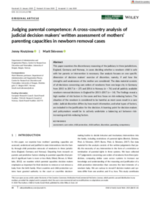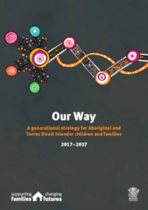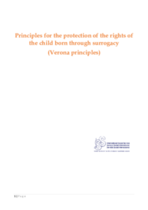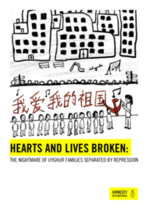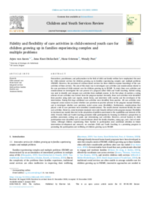Judging parental competence: A cross‐country analysis of judicial decision makers' written assessment of mothers' parenting capacities in newborn removal cases
This paper examines the discretionary reasoning of the judiciary in three jurisdictions, England, Germany and Norway, in cases deciding whether a newborn child is safe with her parents or intervention is necessary.

